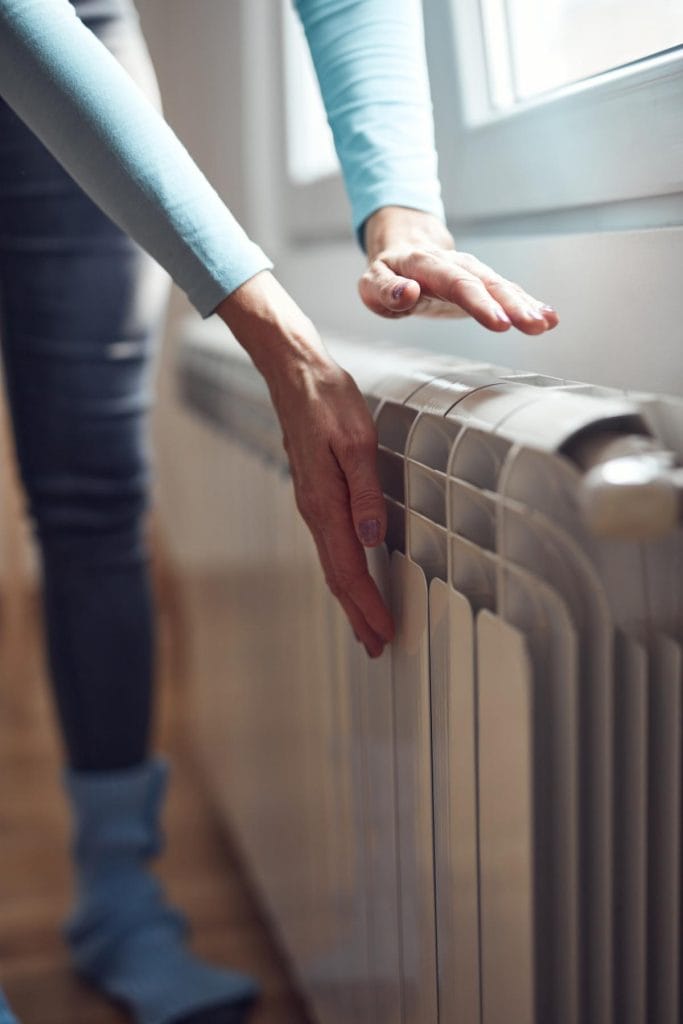A working heating system is a must for comfort and well-being, especially during cold seasons. However, if your heating system starts making unusual noises, it might be a sign of underlying issues that need attention. Choosing to ignore these sounds can lead to more significant problems down the line. Here, we’ll outline some steps you can take to troubleshoot and address the issue if your heating system is making noises.

Identify the Type of Noise
The first step in addressing a noisy heating system is to identify its type of noise. Common noises include banging, clanking, hissing, or whistling. Each type of noise can indicate different underlying issues with your system.
Check for Loose Parts
Banging or clanking noises are often caused by loose or broken parts within the heating system. Begin by inspecting the furnace or boiler for any visible signs of loose components, such as panels, screws, or bolts. Tighten any loose parts carefully to see if the noise resolves. In some cases, you might need to enlist the help of furnace repair Denver services.
Inspect the Ductwork
Hissing or whistling noises are frequently associated with issues in the ductwork. Check the ducts for any noticeable signs of damage, such as holes, leaks, or disconnected sections. Use duct tape or mastic sealant to repair any minor leaks or gaps. For more extensive damage, consider contacting a professional HVAC technician for repairs.
Change the Air Filter
Clogged or dirty air filters can restrict airflow, leading to unusual noises from the heating system. Locate the air filter within your furnace or HVAC system and inspect it for dirt or debris. If the filter is very dirty or clogged, replace it with a new one according to the manufacturer’s recommendations. Regularly changing the air filter can improve the efficiency of your heating system and prevent future issues.
Schedule Maintenance
Regular maintenance by a qualified HVAC professional is essential for keeping your heating system ticking over. Book annual inspections and tune-ups to identify and address potential issues before escalating. A professional technician can thoroughly inspect your heating system, clean components, lubricate moving parts, and make any necessary repairs to ensure the best performance and efficiency.

Check the Pilot Light
If you have a gas-powered heating system, a clicking noise may indicate a problem with the pilot light. Turn off the power to the furnace or boiler and carefully inspect the pilot light. If the pilot light is flickering or has gone out, it may need to be relit or adjusted. Follow the manufacturer’s instructions or speak to a professional technician for assistance with relighting the pilot light.
Monitor for Strange Odors
In addition to unusual noises, pay attention to any strange odors coming from your heating system. A musty or burning smell could indicate issues such as mold growth, overheating components, or electrical problems. If you detect any unusual odors, turn off the heating system immediately and contact a qualified technician to inspect and address the issue.
A noisy heating system can be a cause for concern, but by following these steps, you’ll be able to troubleshoot and address the issue effectively. If you encounter persistent or severe issues, don’t hesitate to seek assistance from a qualified HVAC technician to diagnose and deal with the problem promptly. By addressing noise issues promptly, you can ensure the comfort and safety of your home during the colder months.
